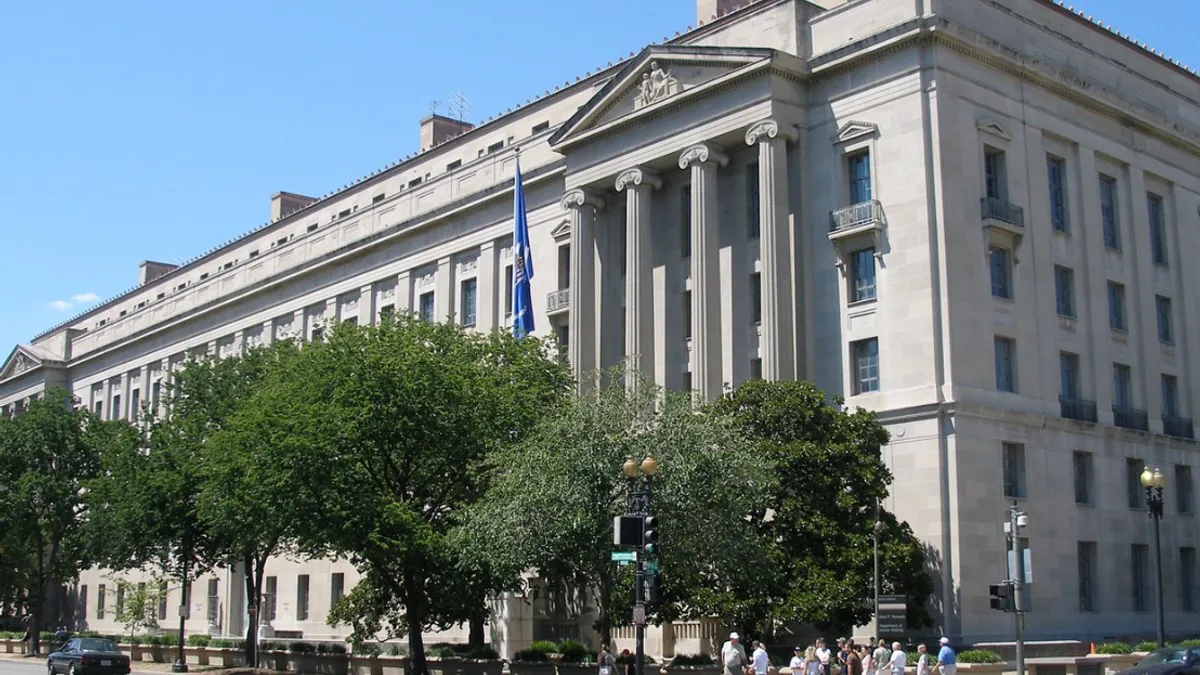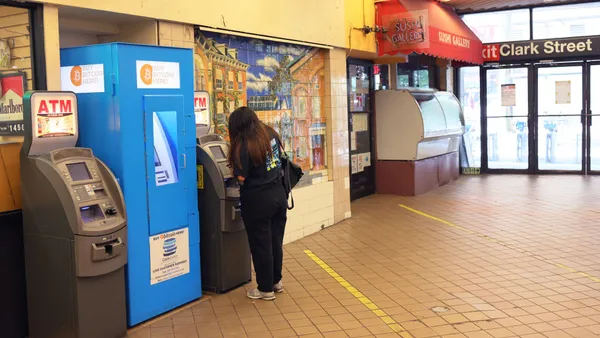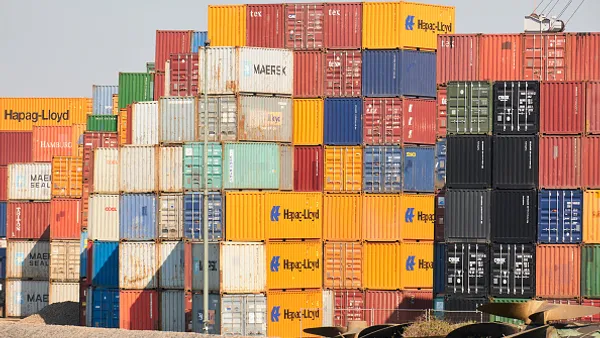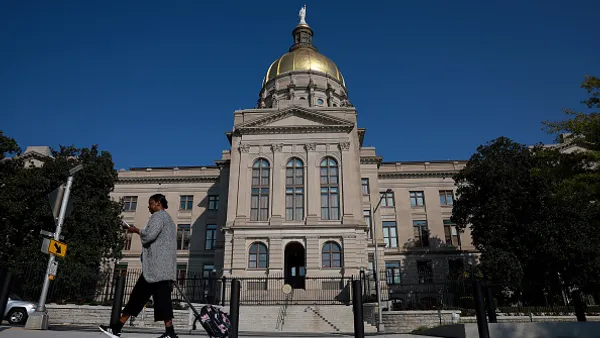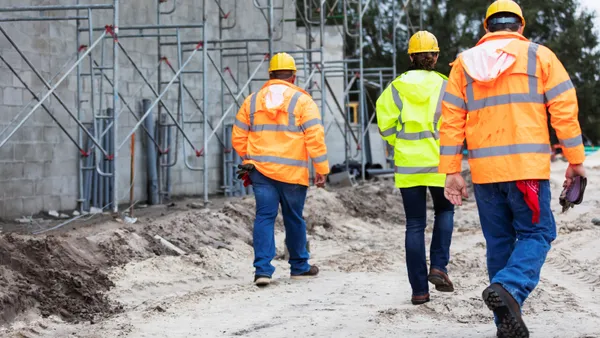Dive Brief:
-
The CFO of a recycling company and thirteen other people were charged with conspiring to pull off a $53 million fraud scheme involving COVID-19 pandemic relief, the U.S. Department of Justice said Wednesday.
-
The defendants, several of whom operated a group of affiliated recycling companies, were accused of submitting at least 29 Paycheck Protection Program loan applications that fraudulently inflated payroll expenses, as well as doctoring bank statements and Internal Revenue Service tax forms to falsely reflect business income, according to a DOJ press release. They then routed loan funds through a series of bank accounts to create a false paper trail of payroll expenses, the release said.
-
They face up to 30 years in federal prison for bank fraud and related charges in most instances. Some, including Sunshine Recycling CFO Mihir Patel, face an additional 20 years for wire fraud charges.
Dive Insight:
The case is the largest one investigated by the Pandemic Response Accountability Committee Fraud Task Force, created in 2020 as part of the Coronavirus Aid, Relief, and Economic Security Act to oversee pandemic relief programs and spending, according to DOJ.
“These defendants allegedly conspired to steal tens of millions of dollars from the Paycheck Protection Program — funds which could have helped legitimate businesses pay their bills and keep their employees afloat,” U.S. Attorney for the Northern District of Texas Leigha Simonton said in the department’s release.
Besides Sunshine Recycling’s CFO, the list of defendants includes Kinjal Patel and Bhavesh Patel, the company’s controller and chief business development officer, respectively. It also includes Mitra Bhattarai, co-president and co-owner of Elephant Recycling; Imran Khan, operations director and owner of 4G Metals and West Texas Equipment; and Prateek Desai, owner of West Texas Scrap.
Charges against the CBDO of Sunshine Recycling included making a false statement to the Federal Deposit Insurance Commission, DOJ said.
The PRAC’s 21 member inspectors general identify major risks that cross program and agency boundaries to detect fraud, waste, abuse, and mismanagement in the more than $5 trillion in pandemic spending, including under the PPP, which ended in May 2021. The PPP supplied forgivable loans to small businesses to cover payroll, rent, and other certain business expenses.
In March 2021, the U.S. House Select Subcommittee on the Coronavirus Crisis said it found that nearly $84 billion in lending under the PPP and Economic Injury Disaster Loan program may have been fraudulent. DOJ had recovered only $626 million, or less 1% of disbursements, it said.



